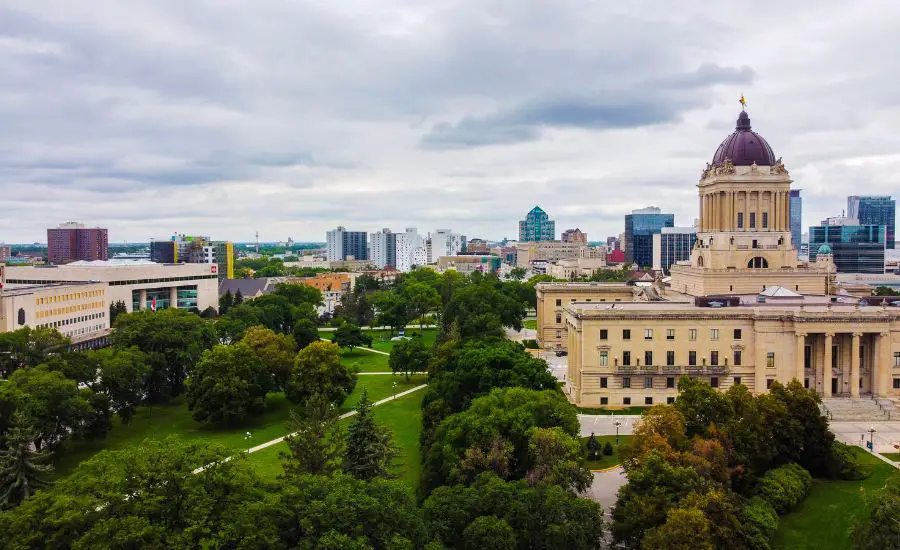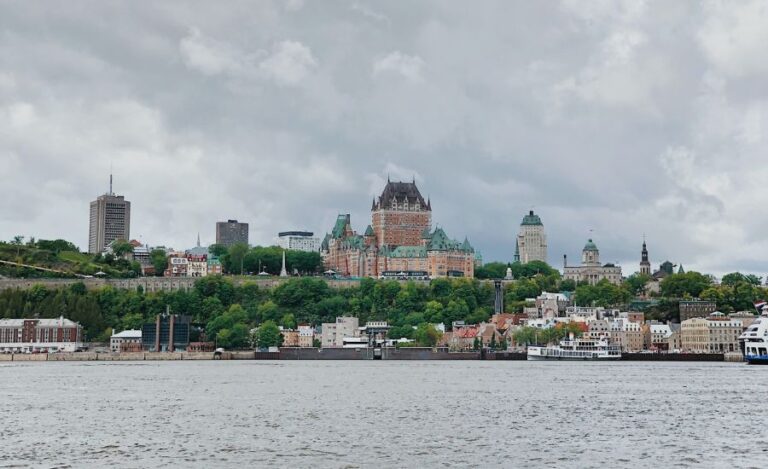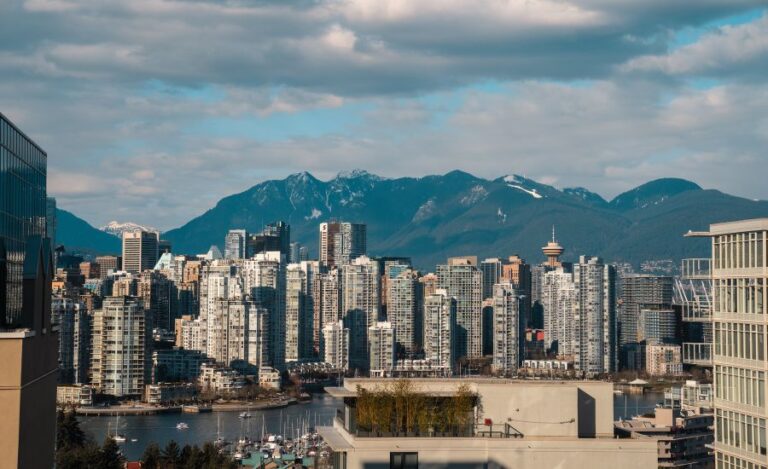14 Pros And Cons Of Living In Manitoba In 2023
Are you planning to move to Manitoba?
Manitoba is located in the central of Canada, that offers a unique blend of natural beauty, cultural diversity, and vibrant communities.
Additionally, Winnipeg, the capital and largest city of Manitoba, is a dynamic urban center with a rich cultural scene. Home to world-class museums, art galleries, and theaters, the city celebrates its multicultural roots through festivals, events, and diverse culinary offerings.
But with all those amazing beauties of Manitoba, there are some cons which you must know before moving to Manitoba. Well, the pros are overweighing the cons, so no need to worry about that.
In this post, I will take you on an amazing journey about the “pros and cons of living in Manitoba” to help you make a decision of next place to call it home.
How Many Province Share Border With Manitoba?
Manitoba is located in the central part of Canada which is bordered by the provinces of Saskatchewan to the west, Ontario to the east, and the U.S. state of North Dakota to the south.
The northern border of Manitoba is defined by the Hudson Bay and the province of Nunavut. Its central location makes it a part of the Prairie Provinces and positions it between the eastern and western coasts of Canada.
14 Pros And Cons Of Living In Manitoba
1. Pros: Affordable Cost of Living
Manitoba offers a significant advantage in terms of affordability. Housing costs, in particular, are notably lower than in many other Canadian provinces, allowing residents to enjoy a comfortable lifestyle without breaking the bank.
3. Diverse Cultural Scene
Manitoba’s diverse population contributes to a vibrant cultural landscape. Winnipeg, the capital city, is home to various ethnic communities, resulting in a multitude of cultural festivals, culinary experiences, and artistic expressions that celebrate global traditions.
2. Cons: Harsh Winters
The province experiences long and severe winters, with temperatures often dropping well below freezing. The heavy snowfall and icy conditions can pose challenges for daily activities and transportation.
4. Limited Urban Centers
While Winnipeg is a bustling city, Manitoba has fewer major urban centers compared to provinces like Ontario or British Columbia. This might lead to a lack of urban amenities and entertainment options in certain regions.
5. Quality Healthcare
The province prides itself on its efficient and accessible healthcare system. With a range of medical facilities and skilled healthcare professionals, residents can access quality medical care and enjoy a peace of mind regarding their well-being.
6. Mosquitoes and Bugs
During the summer months, especially in rural areas, Manitoba can experience high mosquito populations and other bugs. Outdoor activities might be hindered by the annoyance of these insects.
7. Education Opportunities
Manitoba houses several respected educational institutions, including the University of Manitoba and Brandon University. These universities and colleges offer diverse academic programs, research opportunities, and a quality education that draws students from around the world.
8. Distance from Other Provinces
Manitoba’s central location in Canada means that major cities on the coasts, like Vancouver or Toronto, are quite a distance away. This might impact access to certain cultural events or attractions.
9. Natural Beauty
Manitoba’s landscapes are a captivating blend of prairies, lakes, forests, and national parks. Whether it’s the serene shores of Lake Winnipeg, the tranquil beauty of Riding Mountain National Park, or the vastness of the Canadian Shield, outdoor enthusiasts can revel in activities like hiking, fishing, camping, and wildlife observation.
10. Limited Healthcare Access in Remote Areas
Residents in more remote or northern areas of the province might have limited access to specialized healthcare services due to the concentration of medical facilities in urban centers.
11. Friendly Community
Manitobans are renowned for their friendly and welcoming demeanour. This sense of community fosters connections and makes newcomers feel at home, contributing to a strong support network and a feeling of belonging.
12. Economic Diversity
While the economy is growing, certain sectors like agriculture remain dominant. This could lead to a lack of diversity in job opportunities for individuals with specific skill sets.
13. Economic Opportunities
Manitoba’s economy is diverse, with opportunities spanning various sectors. Agriculture, manufacturing, technology, and healthcare are just a few of the industries offering job prospects, allowing residents to find meaningful employment.
14. Seasonal Employment
Some industries, like agriculture and tourism, offer seasonal employment. This might lead to job instability for individuals reliant on such industries during specific times of the year.
Is Manitoba Safe To Live?
Yes. Manitoba is safe to live in, but like any place, safety can vary depending on specific locations and circumstances. Winnipeg, the capital city, has areas with higher crime rates, particularly property crimes and violent incidents.
However, the majority of the province, especially rural areas, is considered safe with low crime rates. It’s important for residents to be aware of their surroundings, follow safety precautions, and choose neighbourhoods wisely to ensure a secure living environment.
Is Manitoba Safe To Live For International Student?
Yes. Manitoba is safe for international students. The province, including its capital city Winnipeg, offers a welcoming and diverse environment for students from around the world.
Educational institutions and local communities are accustomed to hosting international students, providing various support services and resources to ensure their safety and well-being.
However, as with any place, it’s important for international students to be aware of their surroundings, follow safety guidelines, and take necessary precautions. Researching and choosing housing and neighbourhoods carefully can contribute to a positive and secure living experience in Manitoba.





